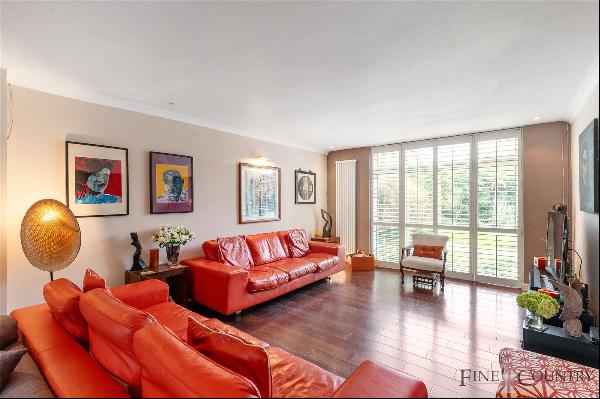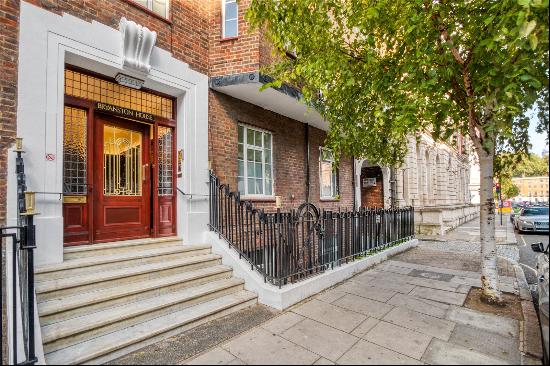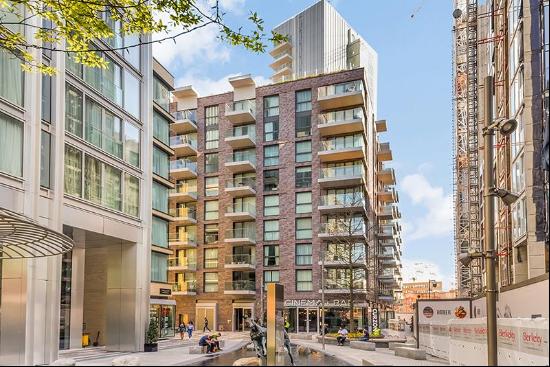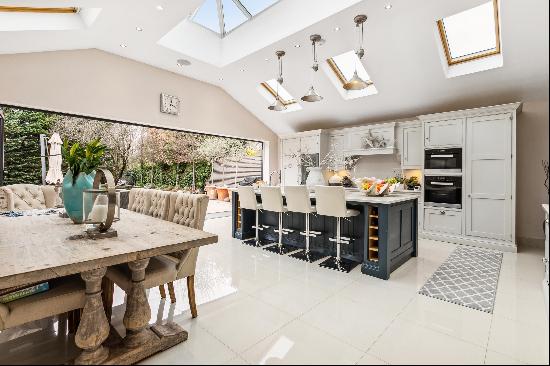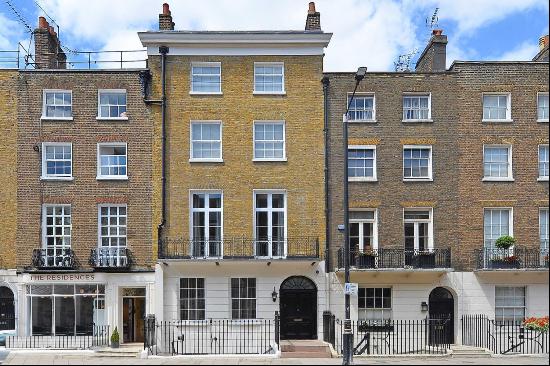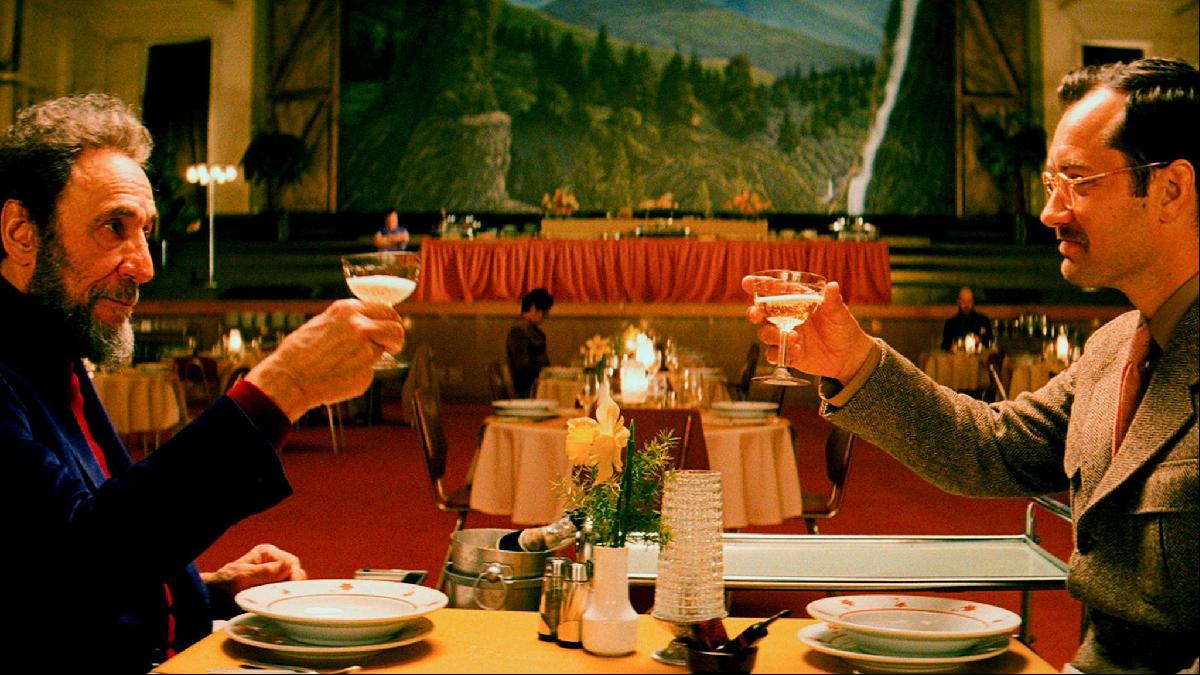
By Jen Calleja
The other day, as a friend and I meandered around west London, I told her that if I was very wealthy and didn’t have a partner, or a cat, or the life I have now, I would like to live in a hotel.
A typical day would unfold like this: after breakfast in bed, I would head out to a local café to drink coffee and read before having lunch in my room. I would spend the afternoon writing and then, in the evening, I would meet a friend or combination of friends in the hotel restaurant. Someone would set out my fine clothes and, for that matter, take care of absolutely everything else.
Is this a sad fantasy; the daydream of being wealthy and waited on? I don’t think so. And in fact, I could leave the elegant clothes and fanciness if it meant I could just avoid the chores and the cooking, the admin and the distractions of everyday life. Like many people, I feel burnt out and pulled in every direction, and I would like space and time to read and write.
The ideal place would be the Grand Budapest Hotel of Wes Anderson’s 2014 film of the same name. Not the candyfloss hubbub of the Budapest in its early 1930s heyday, with Ralph Fiennes’ Monsieur Gustave fussing over and fleecing every old dame, but the rundown, past its prime Budapest that the film’s narrator — a writer played by Jude Law (main picture above, on the right) — visits more than 30 years later. Gustave’s protégé, Zero (Tony Revolori), is now Mr Mustafa, played by F Murray Abraham (main picture above, on the left) and the hotel only a memory of what it once was. It would all feel ironic and absurd; the performance of staff and guests overdone and mellowed, like a cassette that’s been played one too many times. I want to be in a place that no longer tries to keep up appearances.

Everything would be scuffed, scratched and crumbling. The spa would smell of mildew, the light fixtures would be dusty and the buffet would have chipped plates. The cloth on my regular table, where I would take a simple supper in the ballroom, would have ghostly stains. I would like to pick up a synthetic cappuccino from a little machine in a dimly lit alcove on my way down to a foyer that would be filled with a cold Germanic light, as cleansing as choral music.
I would sit with my leg tucked under me on a brown-orange armchair to write, warmed by a thick woollen roll neck, swaddled by the wood panelling. I would lurk and hide and have the run of the place. Sometimes, I might be only one of three equally unassuming guests. Like the writer, I too would befriend the unmotivated concierge and lean against the front desk to gossip.
There is, it must be said, something a little sinister about my choice. It brings to mind two of my favourite stories — Angela Carter’s disturbing The Bloody Chamber, where a young bride is imprisoned in her older husband’s castle but can explore the library and order anything she wants to eat, and Lucie Elven’s The Weak Spot, where an apprentice pharmacist is stationed in a small European community at the top of a funicular. Would I regret my choice once the sun went down?
When, occasionally, my friends come to visit, they will ask why I like living in the hotel. I will simply reply that it gives me time to think.
Jen Calleja’s novel, ‘Vehicle’, is published by Prototype and long poem, ‘Dust Sucker’, by Makina Books
Photography: TCD/Prod.DB/Alamy; Cinematic Collection/Alamy













